Practicing Gratitute
The chilly fall weather heralds the approach of the Thanksgiving holiday, reminding us that gratitude doesn’t have to be only a seasonal practice. Studies reveal that demonstrating appreciation as a way of self-improvement can translate into lots of health benefits including a stronger immune system, better sleep, improved emotional coping mechanisms, and decreased feelings of anxiety and depression. Deliberately shifting focus to positive thinking starts a ripple effect in a person’s life.
There’s no “right way” to practice gratitude. Some people keep a journal and record three things they’re thankful for every night. Others may take a walk and consciously notice the beauty in nature around them. Meditation and mindfulness reinforce living in the moment and appreciating the good things in life, so carving out time for these practices regularly can deepen one’s personal commitment to gratitude. Stepping it up, people can share their gratitude with others by paying a visit, writing a thank-you note, or offering a shout-out on social media that highlights someone who made them feel thankful.
The American Heart Association offers the mnemonic HEART to help the process:
Health- Consider what your body and mind miraculously allowed you to do today,
Eating- Note that you have food to nourish your body, and share with someone in need,
Activity- Think about something you did that you enjoyed and savor that positive feeling,
Relationships- Remind the people in your life that you value them,
Time- Take a moment to appreciate what you have and feel grateful.
For those who are new to actively practicing gratitude, an exercise called “Rose, Thorn, Bud” can help guide the pursuit. The rose represents something whose beauty was appreciated that day. The thorn stands for something that didn’t quite go as planned. The bud symbolizes something good that you’re looking forward to enjoying. Examining one’s experiences through an optimistic lens can not only help collect a trove of good events to draw on when needed, but can train a person’s brain to seek out positive encounters in daily life.
Even if there is no obvious bounty to appreciate, educated inspection of any situation can produce something for which we can be grateful. As A. A. Milne wrote about Winnie the Pooh’s good friend: “Piglet noticed that even though he had a very small heart, it could hold a rather large amount of gratitude.”
Written by Dr. Carly Wilbur, UH Pediatrician and PSI Medical Director.



